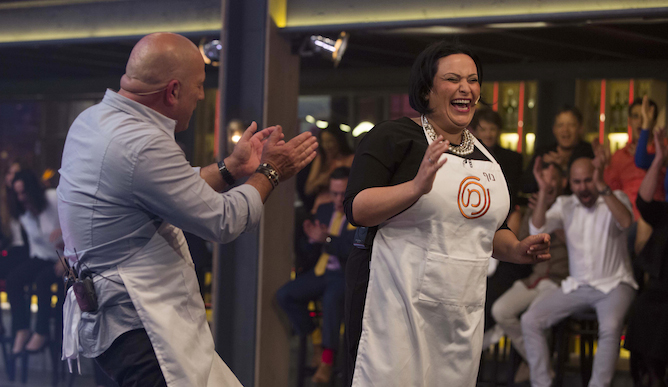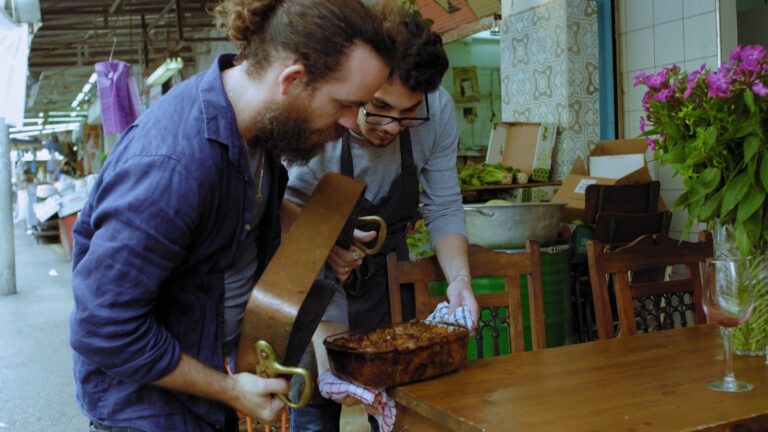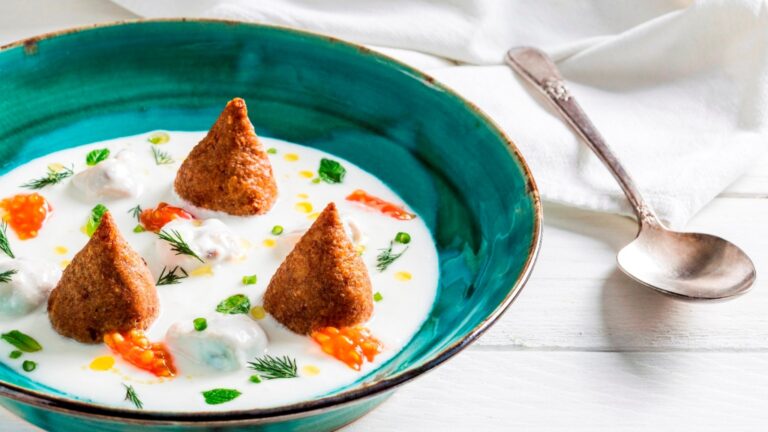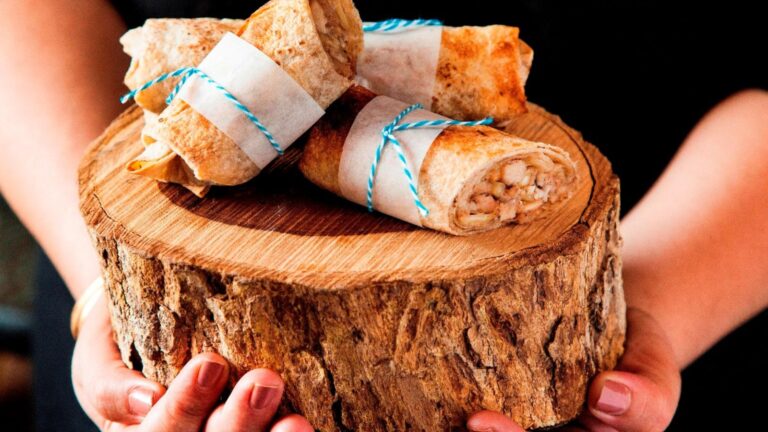“This is the most exciting night of my life,” said a grinning, teary-eyed Nof Atamna-Ismaeel, upon her selection as winner of the fourth season of Master Chef Israel.
The April 5 broadcast had more than a third of the country staying at home on a Saturday night to see who among the remaining three finalists would be crowned this year’s culinary champion of the most popular show on local television, even beating its close competition, Chef Games, which debuted this fall.
Israeli-Arab Atamna-Ismaeel ended up besting competitors Ido Kronenberg, a businessman from Savyon; and Meseret Woldimikhal, an Ethiopian-born immigrant in the process of converting from Catholicism to Judaism, who lives in Rishpon.
Atamna-Ismaeel was a judges’ favorite from the get-go. This year’s auditions for the show, based on the British reality program of the same name, involved two steps: a blind tasting of a sandwich prepared behind the scenes by a wannabe contestant; and a second dish cooked on screen by those whose sandwiches literally and figuratively “cut the mustard.”
Atamna-Ismaeel’s sandwich – a hamburger topped with aioli and horseradish in a lafa (a large, flat pita) cut down to bun size, served with beet fries — got mixed reviews from the judges, famous restaurateurs Haim Cohen, Yonatan Roschfeld and Ayal Shani, and food journalist Michal Ansky.
But two of them understood that its creator was aiming to add a modern twist to a traditional Middle Eastern ingredient. So they decided to give it a passing grade and let Atamna-Ismaeel come out on stage and try to wow them with her next dish.
When Atamna-Ismaeel appeared, she made a profound impression on the judges before they even had a chance to taste the Armenian lamb-filled dumplings topped with yogurt that she completed on the spot. (They ended up praising it to the skies, while her family cheered backstage.)
Creativity and precision
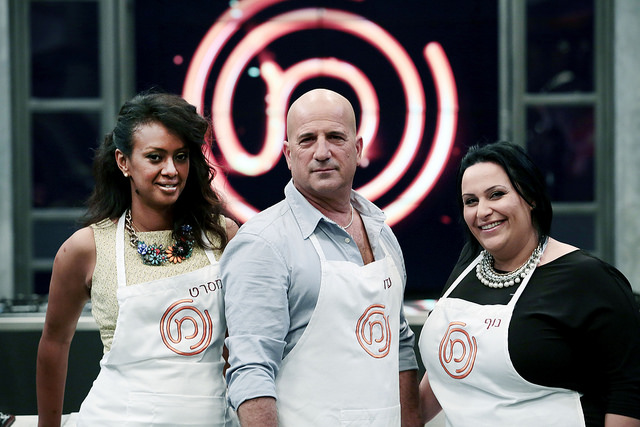
She introduced herself as “Nof,” a 32-year-old molecular biologist and mother of three (she has since turned 33) from the predominantly Arab city of Baka al-Garbiya in the Haifa district. This elicited raised eyebrows, since “Nof” (view) is a Hebrew name, yet her address indicated her ethnicity as an Arab-Israeli. Nor did her spoken Hebrew give away her background.
She explained that “Nof” is also an Arabic word with a similar meaning, and that her lack of an Arabic accent was a function of efforts she made “to blend in” when she transferred to a Jewish school in the ninth grade. This was during the second intifada, or Arab uprising.
“Why hide [your identity]?” Shani asked.
“It’s no secret that children are indelicate,” Atamna-Ismaeel answered. “And when I got there from Baka, where I had been very popular, suddenly people didn’t want to hang around with the Arab girl, because it wasn’t cool. This was the period of [daily Palestinian] terrorist attacks, so people blamed me … but I’m not angry at anyone. That’s how children think.”
This, she said, was why it was important to her to learn the nuances of Hebrew and Jewish-Israeli pop culture – something that required meticulous “research.”
As someone with a PhD from the Technion-Israel Institute of Technology and four post-doctorates, one in inter-bacterial communication, Atamna-Ismaeel is no stranger to research, including in the kitchen. Indeed, during the show, she likened cooking to her lab work, while listing, weighing and measuring her ingredients meticulously.
And, unlike some of the other 13 contestants with whom she started out, Atamna-Ismaeel was comfortable with molecular gastronomy, involving the use of modern technologies and techniques. In one episode, she even made a kind of “caviar” from the juice of a tomato. Though not a big hit with the judges in terms of its taste, it was considered a coup of creativity and precision, in addition to being esthetically pleasing.
Atamna-Ismaeel’s style of adding high-end touches to ancient recipes, many of which she learned by observing her grandmother, reflected the “split personality” she said she developed while fitting in with her Jewish classmates on the one hand, and returning every day to the Arab culture of her home life on the other.
But, she said, “That schism becomes a gift; the ability to enjoy both worlds.”
It is for this reason that Atamna-Ismaeel’s dream is to open an Arab-Jewish culinary school in her area with the NIS 200,000 ($57,000) in prize money.
By sharing a common passion like cooking, she said, “You can definitely create positive interactions, and even friendships, among people.”




